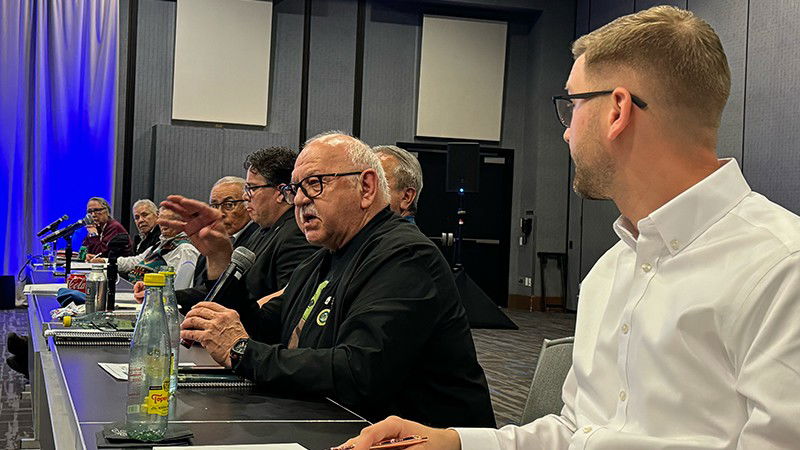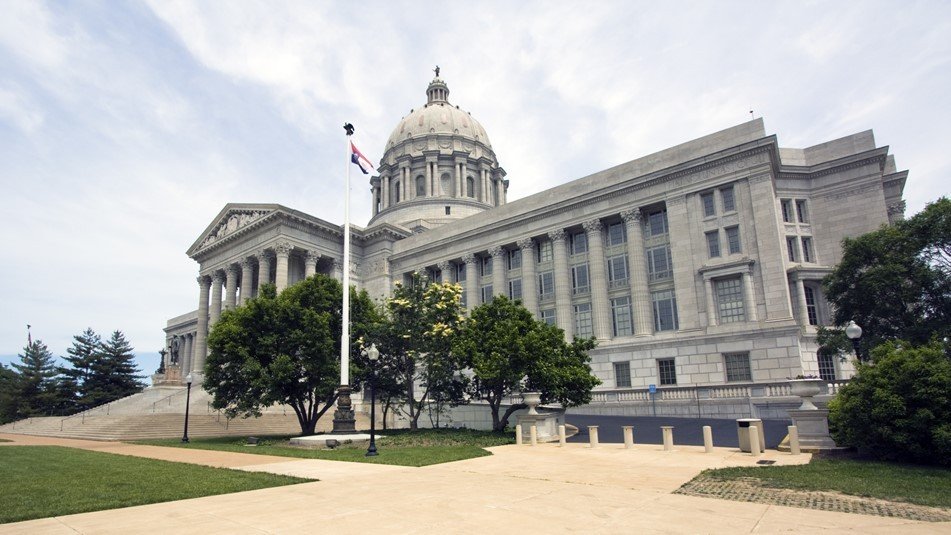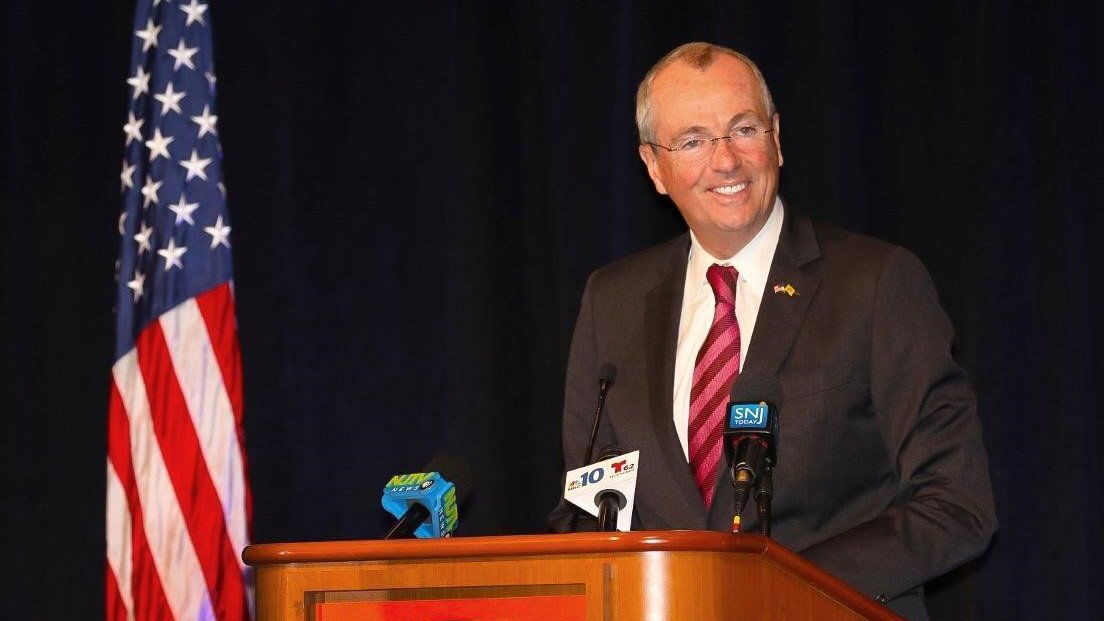Oregon: U.S. Bureau of Indian Affairs backs key step for Coquille Tribe’s Medford casino

The Federal Bureau of Indian Affairs (BIA) has signaled support for the Coquille Indian Tribe’s proposed off-reservation casino in Medford, Oregon, by announcing its intent to issue a final Environmental Impact Statement (EIS), a crucial milestone in the tribe's 12-year campaign to develop the project.
The decision, shared with Oregon officials on Nov. 20, clears the way for a 30-day public comment period following publication in the Federal Register. Once the comments are reviewed, the BIA will issue a Record of Decision (ROD), which typically affirms the EIS, paving the way for federal approval.
The Coquille Tribe, whose primary casino, The Mill, is located on its reservation in North Bend, seeks to establish a second gaming facility closer to a population hub. Medford, about 170 miles from the reservation, was selected to maximize revenue and expand tribal programs.
“This project will provide financial resources for tribal programs and career opportunities for tribal citizens,” Ray Doering, a spokesperson for Tribal One, the economic development arm of the Coquille Tribe, told Willamette Week.
The proposed casino has sparked opposition from several corners. Oregon operates under an informal “One Tribe, One Casino” policy, which restricts tribal gaming operations to a single facility on reservation land. The Coquille Tribe disputes this framework, pointing to provisions in the 1989 Coquille Restoration Act that classify the Medford land as reservation territory.
“Within the Coquille Restoration Act, Congress promulgated that any land taken into trust within the five counties would be reservation land,” said Judy Farm, CEO of Tribal One.
The Cow Creek Band of Umpqua Tribe of Indians, which operates a casino 70 miles north of Medford, has been the most vocal opponent, citing concerns over economic harm and broader impacts on tribal sovereignty.
“The Cow Creek Band of Umpqua Tribe of Indians and more than 30 other tribes have been fighting for months to be heard by the Biden Administration,” said Carla Keene, Cow Creek Chairwoman. “Decisions being made by bureaucrats in D.C. will devastate our tribal communities.”
Some Oregon leaders, including U.S. Senators Jeff Merkley and Ron Wyden, as well as Governor Tina Kotek, oppose the Medford project, warning that it could disrupt the state’s gaming balance.
“I am disappointed by the Biden administration’s decision to move the Coquille Indian Tribe’s Medford casino application forward,” Merkley said. “During the coming 30-day comment period, I encourage everyone to share their views."
Oregon’s gambling market is a complex mix of tribal sovereignty and state interests, with the state heavily reliant on the Oregon Lottery. Tribal casinos compete with state-run gambling operations, and expansions like the Medford proposal threaten to upend this equilibrium, opponents say.
While opposition looms, the Coquille Tribe remains steadfast in its vision for the Medford casino as a boon for both its members and the local community.
“This project will improve our ability to expand entertainment and hospitality offerings in South Medford,” said Doering. “It represents increased revenue, new career opportunities, and a variety of entertainment options for the Medford community.”
The 30-day public comment period will be a critical phase in the project’s approval process. If the BIA’s final Record of Decision supports the EIS, the Coquille Tribe could move closer to breaking ground on the Medford casino, a development that could have a lasing impact on Oregon’s gambling landscape.


















































